Recent studies suggest that around one third of the world’s food directly relies on pollination by bees and other insects. But bees, and in particular bumblebees, have seen their populations decline by 70% in the last few decades, with their survival threatened by widespread use of pesticides, climate change, disease and urbanisation. Farmers and farming communities are beginning to take up the mantle of stewardship and proactively protect pollinators in the agricultural landscape.
Why do you want to feed one million bees this year?
Dingley Dell Pork is an example of a new generation of farmers recognising the vitality of biodiversity in ensuring the long term viability of agriculture.
We are two brothers who are third generation farmers near Woodbridge in Suffolk and own a pig business, Dingley Dell Pork, supplying restaurants and some arable land. We care about animal welfare and believe that diversity and sustainability in meat production and farming is important. We also know that, in order for farming to have a regenerative impact on the environment, we need to create healthy ecosystems, which can support thriving populations of insects, birds and larger mammals. The plight of the bee, which is now well-documented, has encouraged us to create some changes on our farm – setting ourselves an ambitious target to feed 1 million bees.
How are you doing this?
Well, we identified that one of the issues for the bumblebee is the lack of nectar rich plants grown on farmland, providing food during summer as the bumblebee builds its colony. Therefore, we planted a ‘bee mix’: a combination of flowering plants, including Phacelia, Clover and Mallow, designed to provide a continuous source of food for pollinators from June to September. We developed a system for rearing outdoor pigs with incorporates more frequent rotation, so we grow grass sown with clover or nectar mix in blocks around the pig production in between rotations. A simple but effective method for providing a diversity of habitats on farmland.
What tells you this will work?
In 2017, our bee counts highlighted that with the right plant diversity, up to 12 bees per square metre could be collecting nectar at any one time. On hot days with plants in full bloom we were providing nectar for up to 500,000 bees. This, together with great public feedback, has encouraged us to build on our success. So, we decided to aim to feed a million bees on our farm. In 2018, with joint funding from butcher Direct Meats we have planted 338,000 square metres of nectar rich plant mixes, that’s 83 football fields worth!
So what role can farmers play in protecting pollinators?
We hope that our story inspires other farmers like us to replicate our success in creating lost habitats for bumblebees and other insects, thus encouraging the return of much needed pollinators. We also hope that this encourages the food industry more widely to recognise their role in more regenerative approaches to farming and rewilding practices for a more sustainable future.
What impact do you hope for this project?
Our ambition is both to improve the number of bees around our farm and to inspire other partnerships to evolve in the food industry so we can replicate a million bees on many farms, and just maybe we can make a difference to pollinator numbers on which some many of the world’s food systems rely.
Mark and Paul Hayward www.dingleydell.com
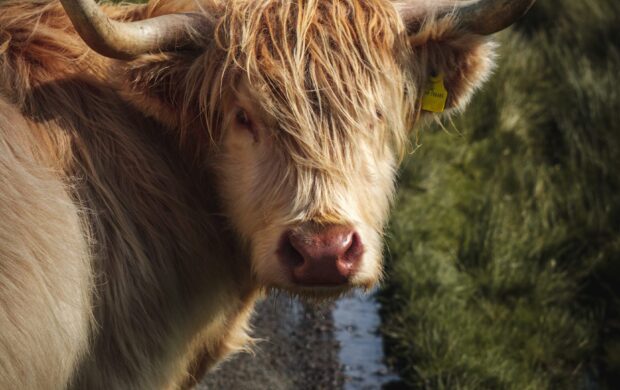
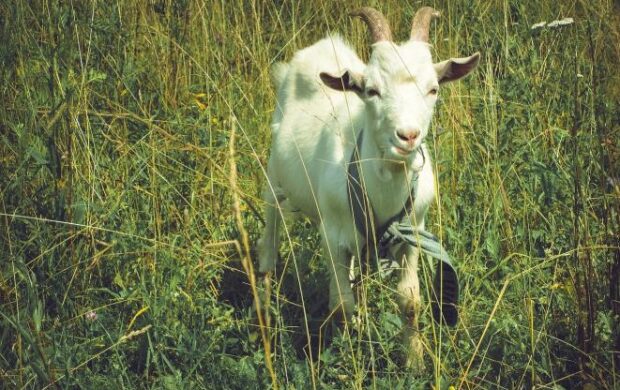
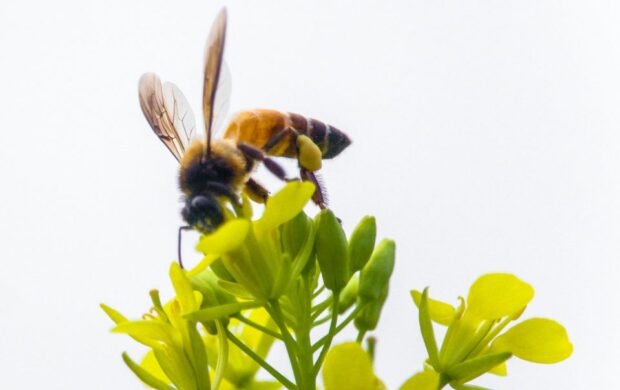
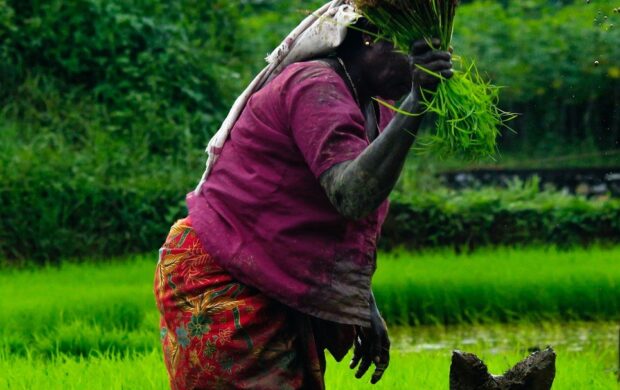

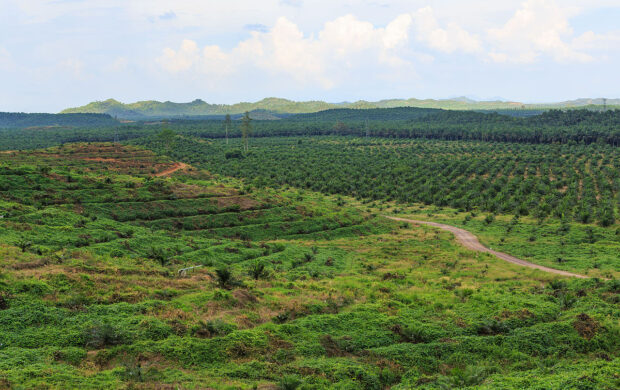

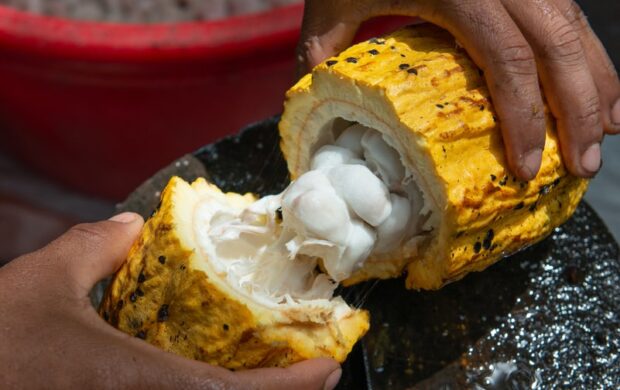

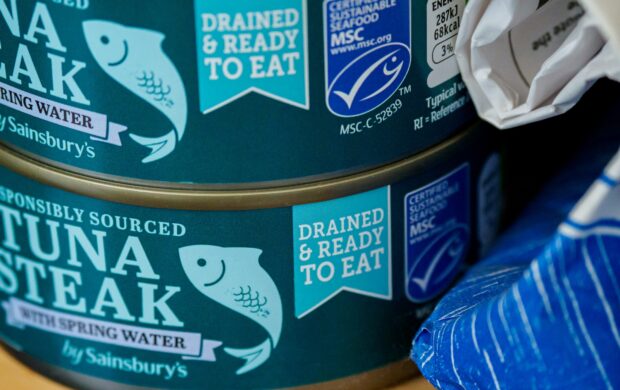


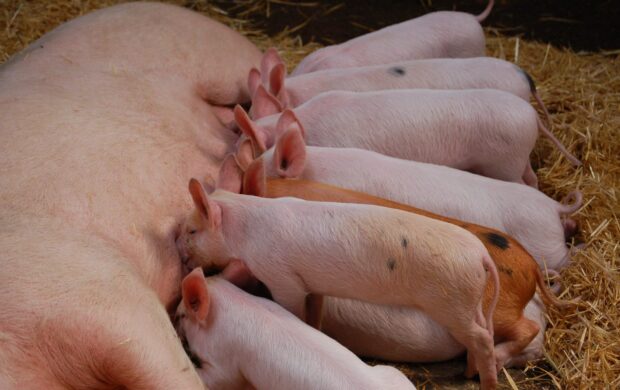
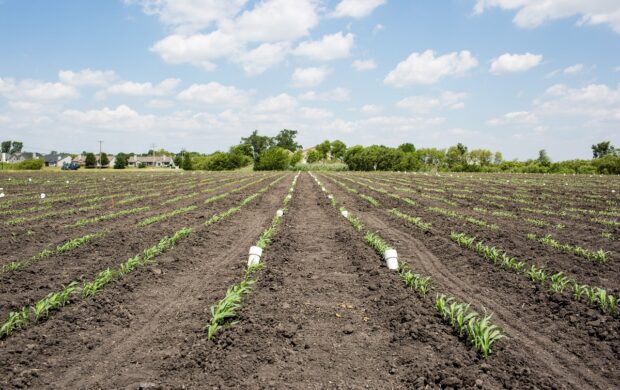
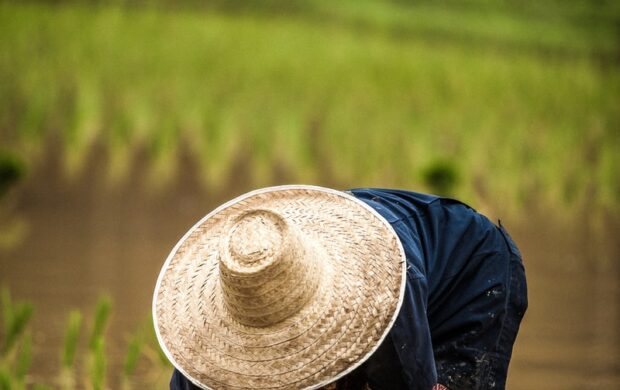
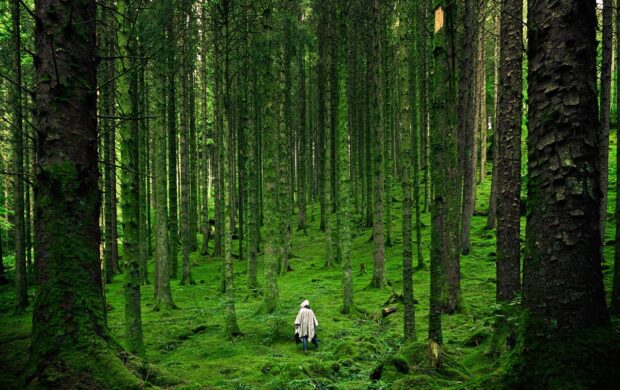
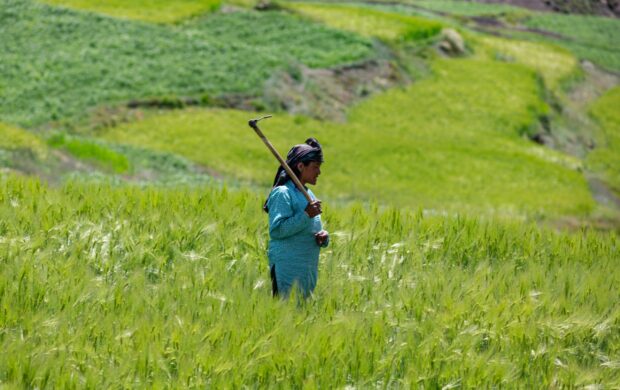

Join discussion